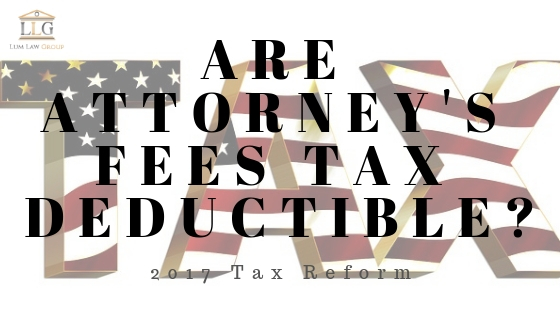What are out-of-pocket costs and how are they different from attorneys fees?
When hiring an attorney, it’s important to understand what you’re promising to pay the law firm before you sign on the dotted line. The attorney fees and out-of-pocket costs will be listed in the retainer agreement, so it is important to carefully read the retainer agreement before agreeing to it. Many times attorneys will only discuss their fees and possible filing fees with the client, and fail to mention other out-of-pocket costs that could add up to a lot.
Firstly, what are out-of-pocket costs? These are the fees the attorney pays on your behalf while working on your case. It’s fees to third-party vendors, court fees, and sometimes even includes administrative fees.
Here’s are examples of possible out-of-pocket fees to give you an idea of what to look for:
- court filing fees;
- Messenger fees;
- Transcript fees;
- Deposition fees;
- Mediation/arbitration fees;
- Mileage and parking (for attorney appearances);
- Postage;
- Copying;
- Medical fees (e.g. in personal injury cases);
As you can see, the above-listed fees are all costs that the attorney’s office would typically cover for you either with your deposit, or on “credit” to bill you later.
Now that we understand what out-of-picket costs are, how are they different from attorneys’ fees? Well attorneys’ fees are what the attorney earns from you, their wage, if you will. How the attorney bills you depends on the type of case you have. We previously outlined the different billing methods in this article.
An important differentiation in our-of-pocket costs and attorneys’ fees is in cases taken on a contingency basis. In these cases, you don’t pay anything until there’s a settlement or judgement, at which point the attorney will take a percentage of your settlement amount. If you do not win your case, your attorney won’t charge you any attorneys’ fees because there’s $0 from which to take their percentage. However, you will still owe any and all out-of-pocket costs your attorney incurred while trying to win your case.
Do you still have questions on the topic of law firm retainer out-of-pocket fees or attorneys’ fees? Contact us today!


